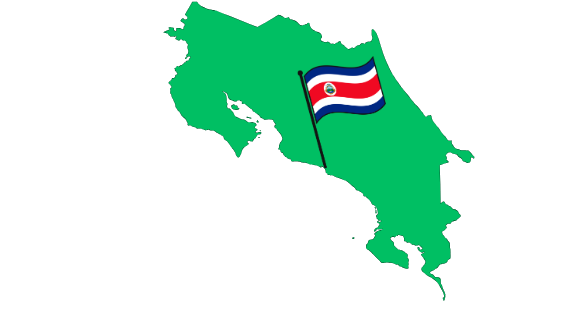
Your U.S. Tax Obligations While Living Abroad: What You Need to Know
As the trend of remote work becomes increasingly popular, many American citizens are making the leap to live and work abroad, drawn by the appeal of a relaxed lifestyle, often in countries like Costa Rica and Panama. However, one critical factor that many overlook is the obligation to continue filing U.S. taxes no matter where they reside. Understanding how to navigate your tax responsibilities while living outside the United States is crucial for effective financial management.
In 'How to Handle US Taxes While Working Remotely Abroad', the discussion dives into critical insights on tax liabilities for expatriates, prompting a deeper analysis to help those navigating this transition.
Why U.S. Citizens Must File Taxes Regardless of Residency
One of the most important points discussed in the recent video, How to Handle US Taxes While Working Remotely Abroad, is that U.S. citizens remain subject to taxation on their worldwide income, even if they have moved abroad and are no longer residents of the U.S. This requirement stems from the U.S. tax system's citizenship-based approach, unlike many other countries that use a residency-based system for taxation. As a result, any American working remotely from another country is still obligated to file an annual Form 1040 to report their income.
Understanding Key Tax Benefits for Expats
While the obligation to file taxes can feel daunting, there are various provisions designed to alleviate the financial burden for expatriates. The Foreign Earned Income Exclusion (FEIE) allows eligible taxpayers to exclude up to $130,000 of their foreign-earned income from U.S. taxation—provided they meet specific residency tests. For instance, spending at least 330 days in a foreign country over a 12-month period can help qualify for this exclusion, minimizing their tax liability significantly.
Mitigating Double Taxation Through Tax Credits and Reporting
In addition to the FEIE, expatriates can potentially utilize the Foreign Tax Credit to mitigate double taxation. This credit allows taxpayers to offset taxes paid to a foreign government against their U.S. tax liabilities. However, it's essential for Americans to remain compliant with the Foreign Bank Account Reporting (FBAR) requirements as well. Individuals with foreign accounts exceeding $10,000 must report these assets to avoid significant penalties.
The Importance of Seeking Professional Tax Guidance
Despite the various benefits available, navigating the complexities of the tax landscape can be challenging, especially if you are considering starting a business or corporation in your host country. Engaging with a tax professional who specializes in expatriates can help ensure compliance and maximize your tax benefits. Mistakes in filing can lead to egregious penalties since the IRS takes non-compliance seriously.
Common Mistakes to Avoid as an Expat
Expatriates must stay vigilant and avoid common pitfalls such as forgetting to file their U.S. tax return or FBAR. Another frequent error is not properly claiming the FEIE or overlooking state tax obligations. Each state has its regulations, and some might require expats to remain tax residents, depending on factors like maintaining a driver's license or voter registration.
Understanding Your Company’s Role When Working Remotely
Another concern that arises for remote workers is how their employer perceives their tax situation abroad. Many companies fear potential liabilities linked to foreign employees, and as a result, may classify remote workers as independent contractors, which can significantly alter tax implications. Understanding that you can still qualify for the FEIE as a self-employed individual while being mindful of self-employment taxes is key to managing one's personal finances while living abroad.
Final Thoughts: Don't Ignore Your Tax Responsibilities
Living abroad can be exciting, but it comes with specific responsibilities that shouldn't be taken lightly. As discussed in the video, U.S. citizens need to stay informed about their tax filing requirements and take necessary actions to comply. By seeking professional advice and being proactive, one can enjoy the perks of remote work and international living while remaining financially sound.
If you're considering taking the leap to work abroad, make sure to consult with a tax professional who understands both U.S. and foreign tax obligations. You deserve peace of mind while enjoying your global lifestyle.
 Add Row
Add Row  Add
Add 




 Add Row
Add Row  Add
Add 

Write A Comment